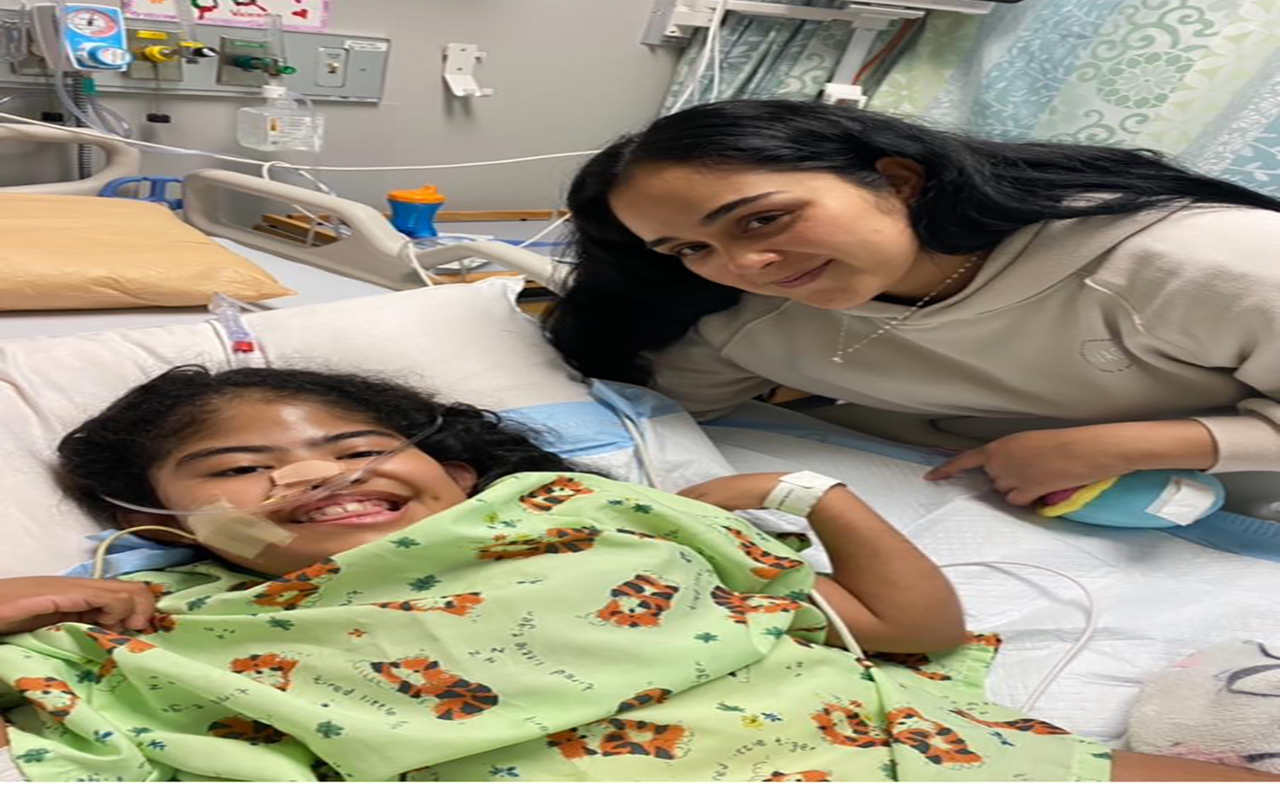
SEPTA unveils report on progress of past year’s efficiency initiatives
As the Transit Authority faces decreased funding, they have undertaken numerous initiatives to reduce expenses and make processes more efficient to compensate.
During the pandemic, SEPTA (Southeastern Pennsylvania Transportation Authority) received funding from the federal government in order to continue operations during the COVID-19 pandemic.
As SEPTA is nearing the end of the federal COVID-19 relief funding, they anticipate reaching a fiscal cliff at the end of the 2024 fiscal year, requiring a reduction of spending by the 2025 fiscal year totalling an estimated deficit of $270 million, or 15% of their annual operating expenses.
Established in late 2020, the E&A Program is SEPTA's approach to making their operations more cost efficient, building from the bottom-up to create, judge, and implement various efficiency initiatives while taking into account employee insight and feedback, alongside improving the way they work with other organizations.
These initiatives are separated into 6 "Workstreams": Corporate, Human Resources, Operations, Organizational Health & Communications, Procurement & Inventory Management, and Real Estate.
The program's inaugural transformation plan is made up of 140 initiatives, collectively creating an estimated $102 million in recurring annual benefits when they complete their three year implementation cycle.
So far, its first year has accounted for a total of $38.3 million in annual recurring benefits.
To provide more information about how each initiative works and its impact, SEPTA has undertaken multiple case studies analyzing each of their results.
For example, SEPTA performed an audit on the dependents for their medical benefits. These include SEPTA employees' family members, who receive the same medical and prescription coverage as the employee, so long as they are qualified to be a dependent.
During the review, SEPTA found 2,208 ineligible dependents that were no longer qualified due to aging out, divorce, or retiree compliance, among other reasons. Through this audit, they were able to recognize $9.5 million in savings, achieving over double their initial estimate of the initiative’s effectiveness, and will continue holding these audits regularly.
Another initiative was focused less on spending, but in modernizing its staff by equipping them with tablets to replace their dependency on paper.
By looking at the day-to-day tasks carried out by their employees, they identified key groups that could make best use of tablets, such as their Regional Rail crews and their Asset Management Department.
RELATED CONTENT
Cashiers, another group, are to be given small computers to be able to operate digitally and communicate with non-English speaking customers through online translation tools.
Presently, 133 tablets have been rolled out, with another 4,690 on the way, with initial net recurring benefit estimates sitting at $1.7 million.
Other initiatives have taken an eye to the internal relations between SEPTA employees, with one focusing on the growing disconnect between its salaried and hourly employees.
This disconnect comes from the struggle frontline employees faced over the past few years, dealing with the pandemic, civil unrest, and crime. SEPTA reports that this caused difficulties in creating a permanent remote-work policy for their administrative employees, in part due to frontline employees' resentment towards remote working staff.
To ease tensions and hear the concerns of the frontline employees, SEPTA created their "Dialogue Sessions" to find and address their specific concerns, and subsequently build a shared understanding between the salaried and hourly populations.
These dialogues brought together groups of employees to learn about conflict interaction methods, and work together to shed light on organizational shortcomings, find a common ground together, and then work to create actionable plans for change.
The participants found three areas in need of change: enhanced communication, fairer treatment and to increase focus on employee safety. Through this, they created 10 specific initiatives to address these issues and to seek to create a more supportive workplace culture.
These initiatives are among the many SEPTA seeks to implement over the next two years as it seeks to fine tune its expenses to meet its new budget.
More information about SEPTA’s initiatives can be found on their website here.











LEAVE A COMMENT: